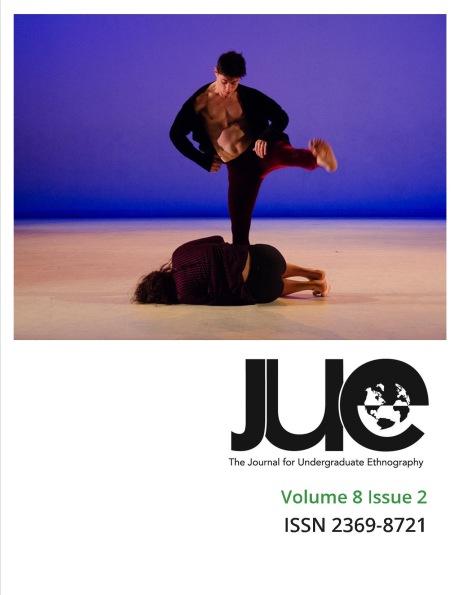Being Special: Nostalgia through Special Rates Areas and Community Improvement Districts in Cape Town Suburbs
DOI:
https://doi.org/10.15273/jue.v8i2.8684Keywords:
crime, nostalgia, specialness, restorative nostalgia, reflective nostalgia, Special Rates Area, Community Improvements Districts, homelessnessAbstract
This paper explores how memories and nostalgia inform the rationale of implementing Community Improvement Districts (CIDs) or Special Rates Areas (SRAs) as a means of crime prevention and urban maintenance in two formerly ‘whites-only‘ Cape Town suburbs; Rondebosch and Mowbray. Through an exploration of the remembering, the maintenance and the resuscitation of an idealized past in a suburb that remains predominantly white after years of racial and economic exclusion, this paper interrogates the role of long-term resident nostalgia in post-apartheid South Africa in maintaining spatial apartheid. Using Svetlana Boym‘s (2001) framework of nostalgia, particularly ‘restorative nostalgia‘ and ‘reflective nostalgia,‘ to interpret the memories of residents interviewed, this paper argues that it is nostalgia for an idealized past and a remembered specialness that sustains mentalities that give rise to spatially exclusive SRAs and CIDs. In this paper, public and social media discourse analysis and resident interviews allow us to understand residents‘ memories and discussions around crime and urban degeneration and homelessness in Rondebosch. The purpose of this paper is to contribute to questions about spatial exclusivity in residential spaces in the post-apartheid era, particularly in a city that retains the legacy of spatial apartheid.Downloads
Published
2018-10-08
Issue
Section
Articles


